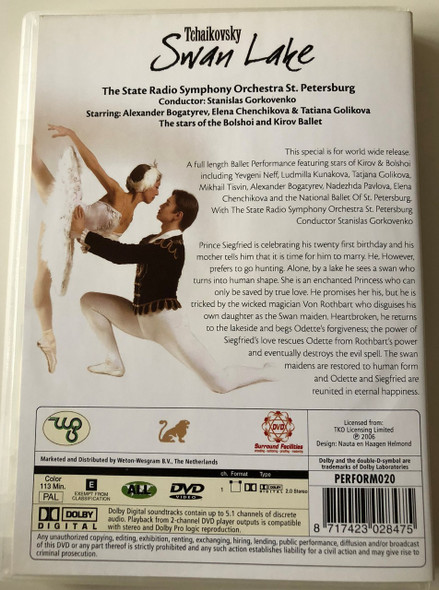Pyotr Ilyich Tchaikovsky (7 May 1840 – 6 November 1893) was a Russian composer of the Romantic period. He was the first Russian composer whose music would make a lasting impression internationally. He was honored in 1884 by Tsar Alexander III and awarded a lifetime pension.
While his music has remained popular among audiences, critical opinions were initially mixed. Some Russians did not feel it was sufficiently representative of native musical values and expressed suspicion that Europeans accepted the music for its Western elements. In an apparent reinforcement of the latter claim, some Europeans lauded Tchaikovsky for offering music more substantive than base exoticism and said he transcended stereotypes of Russian classical music. Others dismissed Tchaikovsky's music as "lacking in elevated thought" and derided its formal workings as deficient because they did not stringently follow Western principles.
Tchaikovsky displayed a wide stylistic and emotional range, from light salon works to grand symphonies. Some of his works, such as the Variations on a Rococo Theme, employ a "Classical" form reminiscent of 18th-century composers such as Mozart (his favorite composer). Other compositions, such as his Little Russian symphony and his opera Vakula the Smith, flirt with musical practices more akin to those of the 'Five', especially in their use of folk song. Other works, such as Tchaikovsky's last three symphonies, employ a personal musical idiom that facilitated intense emotional expression.













